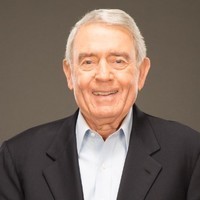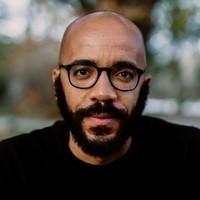Q&A: Edward Luttwak
Edward Luttwak is a rare bird whose peripatetic life and work are the envy of academics and spies alike. ...he published his first book, Coup d’État: A Practical Handbook, at the age of 26. Over the past 40 years, he has made provocative and often deeply original contributions to multiple academic fields, including military strategy, Roman history, Byzantine history, and economics.








